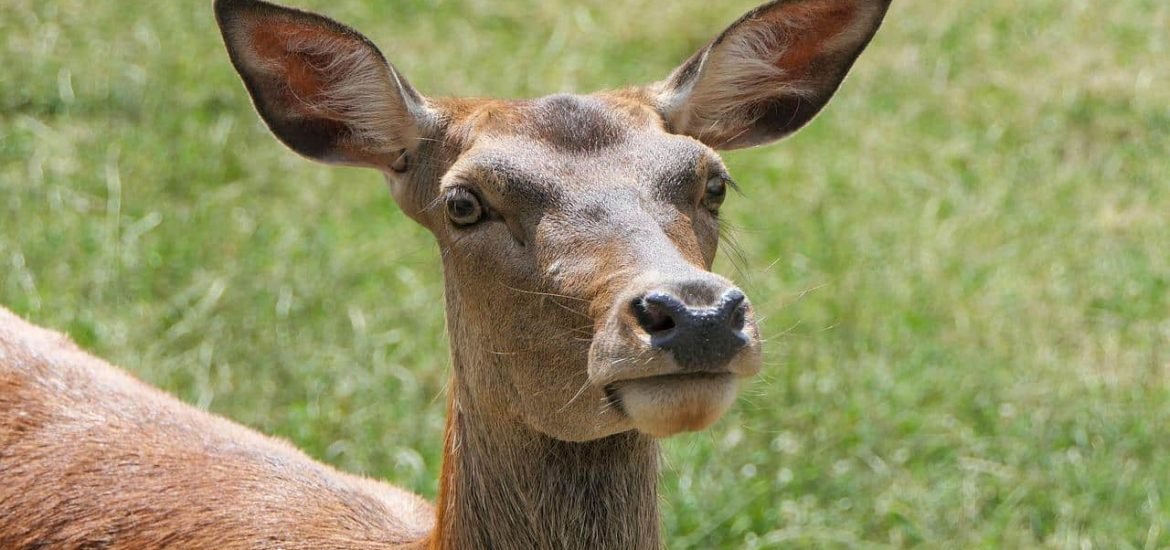
Red deer from the Isle of Rum in Scotland prefer a life of solitude in their advancing years, according to a study published in Nature Ecology and Evolution.
A team of researchers from the University of Oxford and Edinburgh, UK, found that wild red deer become less sociable with age. “We found that deer’s social networks shrink as they grow old and begin associating less with others. This ‘social ageing’ appears to be driven by older individuals choosing to live in more isolated locations and engaging with fewer other deer within these sparser areas,” said author Dr. Greg Albery, Department of Biology, University of Oxford.
Understanding how animals change their social behaviour throughout life is useful for research explaining the consequences of getting older, as much of it also applies to humans. The team used social network analysis methods on a 46-year-old database including over 200,000 census observations of over 3500 female deer over their lifetimes. The results show that, as they grow older, female deer tend to interact with fewer other animals and stay in less populated areas.
In addition to becoming less sociable, older females also have smaller areas to look for food, which are usually further away from the rest of the population and have lower-quality food.
“This new evidence of social ageing in the wild shows the value of long-term datasets. By tracking many individuals simultaneously over their entire lives, we can understand how and why their social associations with one another change over time,” said Josh Firth, Department of Biology, Oxford University, and senior author of the study.
This is not the first time that studies have shown that older animals are less sociable, but it’s been difficult to show whether this was due to animals choosing to live this way or only because more sociable animals died younger. The study finally showed that animals become less sociable with age, but the team highlights that further research is needed to understand why this happens. It could be because these animals look for easier spots to forage or become more selective with other relationships with deer.
“Combining social networks with spatial location data allowed us to disentangle the potential causes of these age-related declines in social behaviour and to show how individuals change their behaviour throughout their lives,” said Dr. Albery.
The researchers now hope to use the same approach on other long-term databases of wild animals to help us understand better the rules that govern ageing in natural populations.
Albery, G.F., Clutton-Brock, T.H., Morris, A. et al. Ageing red deer alter their spatial behaviour and become less social. Nat Ecol Evol (2022). https://doi.org/10.1038/s41559-022-01817-9